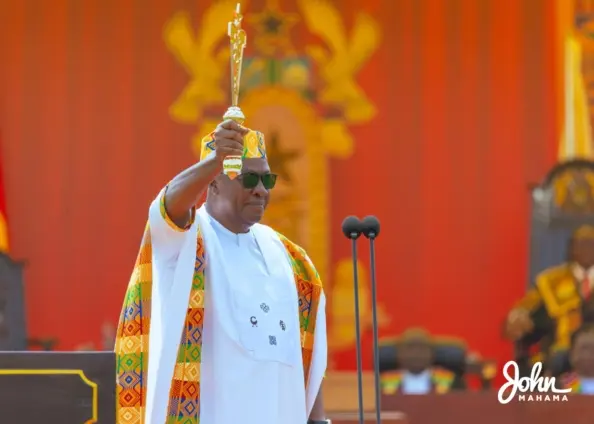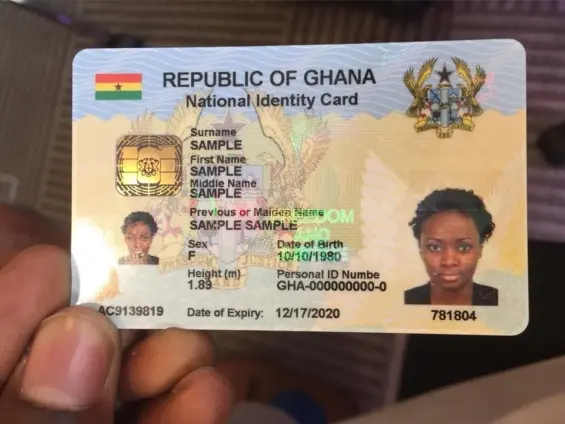The Mahama car gifts scandal has resurfaced, igniting debate over ethical conduct for public officials in Ghana. The controversy, which initially drew criticism when it came to light during his presidency, centers around President John Dramani Mahama’s acceptance of car gifts. Now, Transparency International Ghana (TIG) has weighed in, suggesting that the acceptance of these gifts runs afoul of the President’s own code of conduct established for public appointees. This raises critical questions about the standards of governance and accountability in Ghana.
At the heart of the issue is whether President Mahama’s actions aligned with the ethical guidelines he himself promoted. This article delves into the ethical implications of the Mahama car gifts scandal, drawing insights from Transparency International Ghana and examining the broader issues of transparency and accountability in Ghanaian politics.
Michael Boadi, Fundraising Manager at Transparency International Ghana, articulated the organization’s concerns in a recent interview on Joy FM. According to Boadi, President Mahama’s acceptance of the two cars was a direct contradiction of the ethical standards he set for his administration. “I think that the president’s accepting the two cars in the first place undermined his code of conduct,” Boadi stated, emphasizing the perceived inconsistency between the President’s actions and his stated principles.
Boadi further questioned the President’s moral authority to enforce the code of conduct, arguing that his acceptance of the gifts compromised his ability to hold others accountable. Invoking the adage, “he who comes to equity must come with clean hands,” Boadi highlighted the difficulty in enforcing ethical standards when the leader himself appears to be in violation. He continued, “Right from the onset, he undermined his own principles and standards that he has set for his own appointees.” The core of TIG’s criticism is that the Mahama car gifts scandal damaged public trust.
The issue also brings up the ethical implications of accepting gifts while in public office. A central argument is that the President’s office already has access to a sufficient number of vehicles. Boadi suggested that, ethically, the President should have declined the gifts and instead directed the donor to contribute to a public institution. He posed, “The presidency has enough pool of cars; they don’t need extra cars. He could have said, ‘Thank you, but please donate this to an institution.’”
Adding to the concern, Boadi referenced the 2016 CHRAJ ruling on a similar car gift case, underscoring the importance of learning from past mistakes. He emphasized that leaders should be aware of the existing ethical precedents. “There are lessons that exist that our leaders should have drawn from.” This reference highlights the need for consistency and adherence to established legal and ethical standards.
Beyond the specifics of the Mahama car gifts scandal lies a broader concern about transparency and accountability in Ghana. Public debate surrounding these issues is intensifying, reflecting mounting concerns over governance standards. Citizens are increasingly scrutinizing the conduct of their leaders and demanding higher levels of ethical behavior. This case is indicative of a larger trend, with growing interest in ensuring that political leaders are held to account for their actions.
Ultimately, the case raises critical questions about the acceptable standards for public officials and transparency in Ghana. It also necessitates inquiry into why these standards are in place and who benefits when they are not upheld. The public’s evolving expectations and demands for integrity are shaping the political landscape, and leaders are being called upon to demonstrate an unwavering commitment to ethical conduct.
In conclusion, the Mahama car gifts scandal and the criticism from TIG serve as a crucial reminder of the challenges in upholding transparency and ethical standards in Ghanaian politics. The ethical implications and the need for accountability underscore the importance of adhering to principles of good governance. The case highlights the constant need for vigilance and commitment to ethical conduct in Ghanaian politics.
Image Source: MYJOYONLINE





















